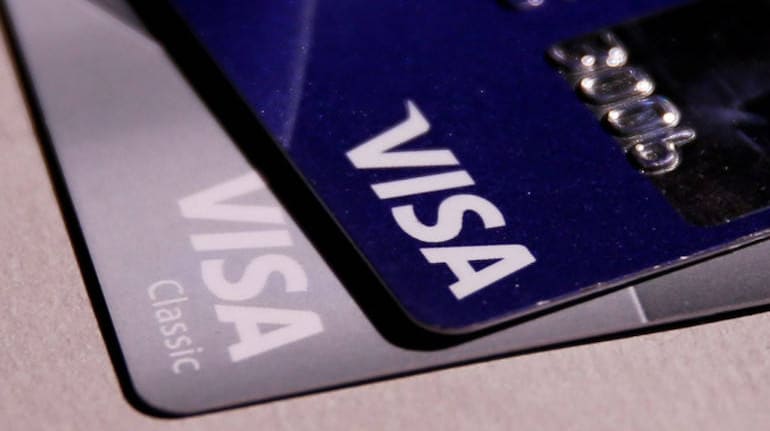



PayU’s lending arm LazyPay is considering changing its offering ‘LazyCard’ to a credit card from a Visa prepaid card currently, according to a source aware of the development. This makes LazyPay the first impacted player to make a move after the Reserve Bank of India (RBI) clarified on June 20 that loading of credit lines into prepaid payment instruments (PPIs) like prepaid cards and wallets is prohibited.
LazyPay, however, is said to have begun discussions on moving to credit cards soon after the RBI updated its guidelines for credit, debit and co-branded cards on April 21 which limited the role of co-branding entities to only marketing and distribution of cards.
The updated norms also said that the co-branding partner shall not have access to information relating to transactions undertaken through the card. The move was a possible hindrance for these players to offer cashbacks and rewards based on transaction data which are key features to attract customers.
According to industry sources, most players have found way around the norms by storing the data in a separate entity which will serve as a Technology Service Provider (TSP) for the partner banks and will be separate from the co-branding entity. LazyPay, however, preferred to move to a credit card to steer away from any uncertainty.
“LazyPay is currently in talks with its partner bank and issuer SBM Bank India to make this shift. They do not want to be in the grey area of RBI regulations. While the discussions were on since a while, the process is likely to be fast tracked now,” said the source.
PayU did not respond to the queries sent by Moneycontrol on the development.
The implementation is likely to be done as a two-step process. In an app notification to customers on June 30, LazyPay said that it has updated its terms and conditions in line with RBI norms. The terms detailed the eligibility of customers and repayments.
It also implies that the company will not replenish credit lines of customers until the previous loan is repaid in full. The credit facility extended will be a loan and not a credit line, it is learnt.
“The product will now be a simple loan with a repayment schedule. In a way this is good for the customers and the company as it avoids the possibility of customers getting over-leveraged,” the source said.
The move to a loan construct is what seems to be the first step, after which the company may move to a credit card and convert all cards in due course.
The move is also important for the company as its parent PayU is in the process of acquiring payment gateway BillDesk for $4.7 billion and is awaiting the nod from the Competition Commission of India (CCI).
LazyCard was announced by the company only in January this year, however the company had started issuing cards in December 2021. As per data in the FY22 earnings report by PayU, the company said that LazyCard recorded total loan disbursals of $586 million till March 31, 2022. The loan book stood at $151 million at the end of the year.
Prosus also said that other offerings by LazyPay such as Xpress loans which offers personal loans has also seen good traction and is expected to further drive loan disbursals.
Why the move
LazyPay, along with players like Slice, Uni, Kreditbee etc. extended credit lines through prepaid cards issued by partner banks, mainly SBM Bank India, and RBL Bank. The credit lines extended through these cards are issued by non-banking financial company (NBFC) partners of these fintechs.
RBI’s two-paragraph clarification stating that such lending models are not permissible has put the core business models of many of these companies in jeopardy.
“The PPI-MD does not permit loading of PPIs from credit lines. Such practice, if followed, should be stopped immediately. Any non-compliance in this regard may attract penal action under provisions contained in the Payment and Settlement Systems Act, 2007,” RBI had said in a communication to fintechs.
PPI-MD refers to the Master Direction on these instruments, a document that consolidates instructions on rules and regulations.
Meanwhile, the rest of the impacted players are hoping to get further clarity from the regulator and several representations have been made by industry bodies and associations including the Digital Lenders Association of India (DLAI) and the Payments Council of India (PCI).
Discover the latest Business News, Sensex, and Nifty updates. Obtain Personal Finance insights, tax queries, and expert opinions on Moneycontrol or download the Moneycontrol App to stay updated!
Find the best of Al News in one place, specially curated for you every weekend.
Stay on top of the latest tech trends and biggest startup news.